U.S. Indictment Details Russian Efforts To Hack Worldwide Energy Sector
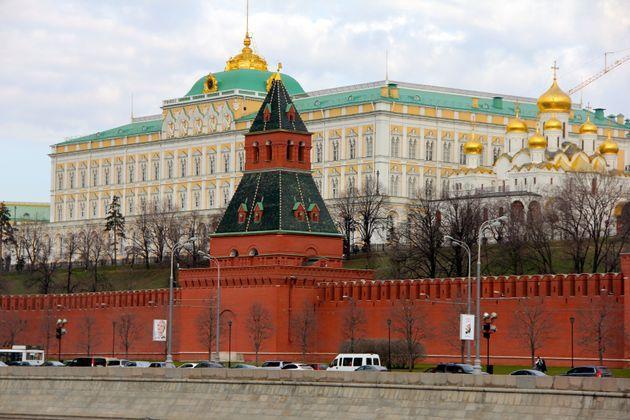
The United States charged four Russian government employees in major hacking efforts targeting nuclear power plants, power companies, and oil and gas firms around the world, according to indictments made public Thursday by the Department of Justice.
The indictments have been under seal since mid-2021 but were made public to bolster growing concerns that Russia may unleash cyberattacks against the U.S., Europe and other nations that have opposed its ongoing invasion of Ukraine.
In one indictment from August 2021, Justice Department officials said three hackers from Russia’s federal security service (FSB), the Kremlin’s spy agency, worked to target and compromise the energy sector so it could “disrupt and damage such computer systems at a future time of its choosing.” The hacking took place between 2012 and 2017, and targeted “thousands of computers, at hundreds of companies and organizations, in approximately 135 countries,” officials alleged.
A second indictment from June 2021 homed in on an employee of Russia’s ministry of defense and his co-conspirators, alleging Evgeny Viktorovich Gladkikh hacked a multinational energy company in 2017. Officials said the hackers installed malware that interfered with a refinery’s safety systems.
Gladkikh spent six months in 2018 researching how he could deploy a similar effort at U.S. refineries.
“Russian state-sponsored hackers pose a serious and persistent threat to critical infrastructure both in the United States and around the world,” Deputy Attorney General Lisa Monaco said in a statement. “Although the criminal charges unsealed today reflect past activity, they make crystal clear the urgent ongoing need for American businesses to harden their defenses and remain vigilant.”
The four Russians are not in U.S. custody, but a Justice Department official told The Guardian that the “benefit of revealing the results of the investigation now outweighs the likelihood…

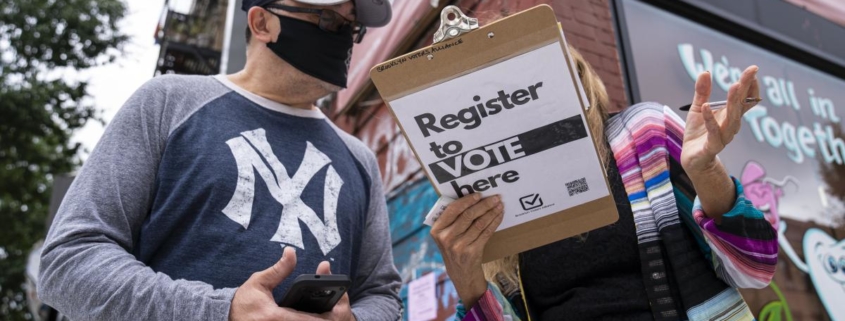
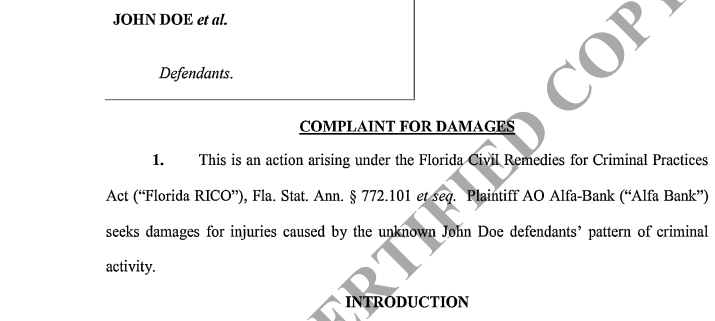

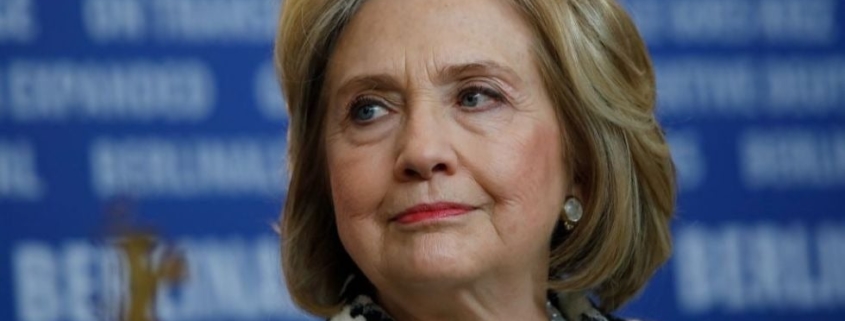
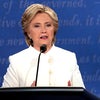 Hillary Diane Rodham ClintonAttorney charged in Durham investigation pleads not guilty Attorney indicted on charge of lying to FBI as part of Durham investigation Durham seeking indictment of lawyer with ties to Democrats: reports MORE
Hillary Diane Rodham ClintonAttorney charged in Durham investigation pleads not guilty Attorney indicted on charge of lying to FBI as part of Durham investigation Durham seeking indictment of lawyer with ties to Democrats: reports MORE Donald TrumpOvernight Defense & National Security — The Pentagon’s deadly mistake Overnight Energy & Environment — Presented by Climate Power — Interior returns BLM HQ to Washington France pulls ambassadors to US, Australia in protest of submarine deal MORE
Donald TrumpOvernight Defense & National Security — The Pentagon’s deadly mistake Overnight Energy & Environment — Presented by Climate Power — Interior returns BLM HQ to Washington France pulls ambassadors to US, Australia in protest of submarine deal MORE